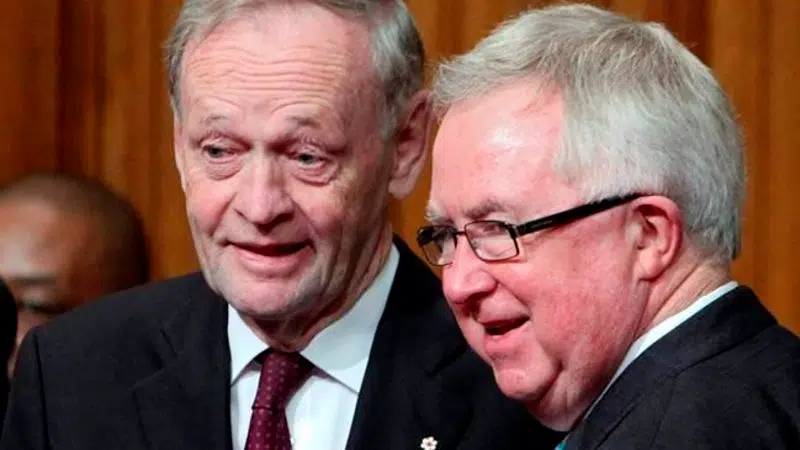
Canadian delegation campaigns for temporary UN Security Council seat this week
OTTAWA — There will be more than one Canadian election campaign unfolding this week.
A second round of politicking is taking place in New York City, where a delegation of former prime ministers, aided by a senator with a wealth of diplomatic experience, will push Canada’s bid for a temporary seat on the United Nations Security Council.
Canada is vying for one of two seats for a two-year term that would begin in 2021, but it faces a tough fight from Norway and Ireland.
The vote will be next June, but with the federal government in “caretaker” mode, Global Affairs Canada has dispatched former prime ministers Jean Chretien and Joe Clark to the annual UN General Assembly meeting of world leaders in place of incumbent Justin Trudeau.


